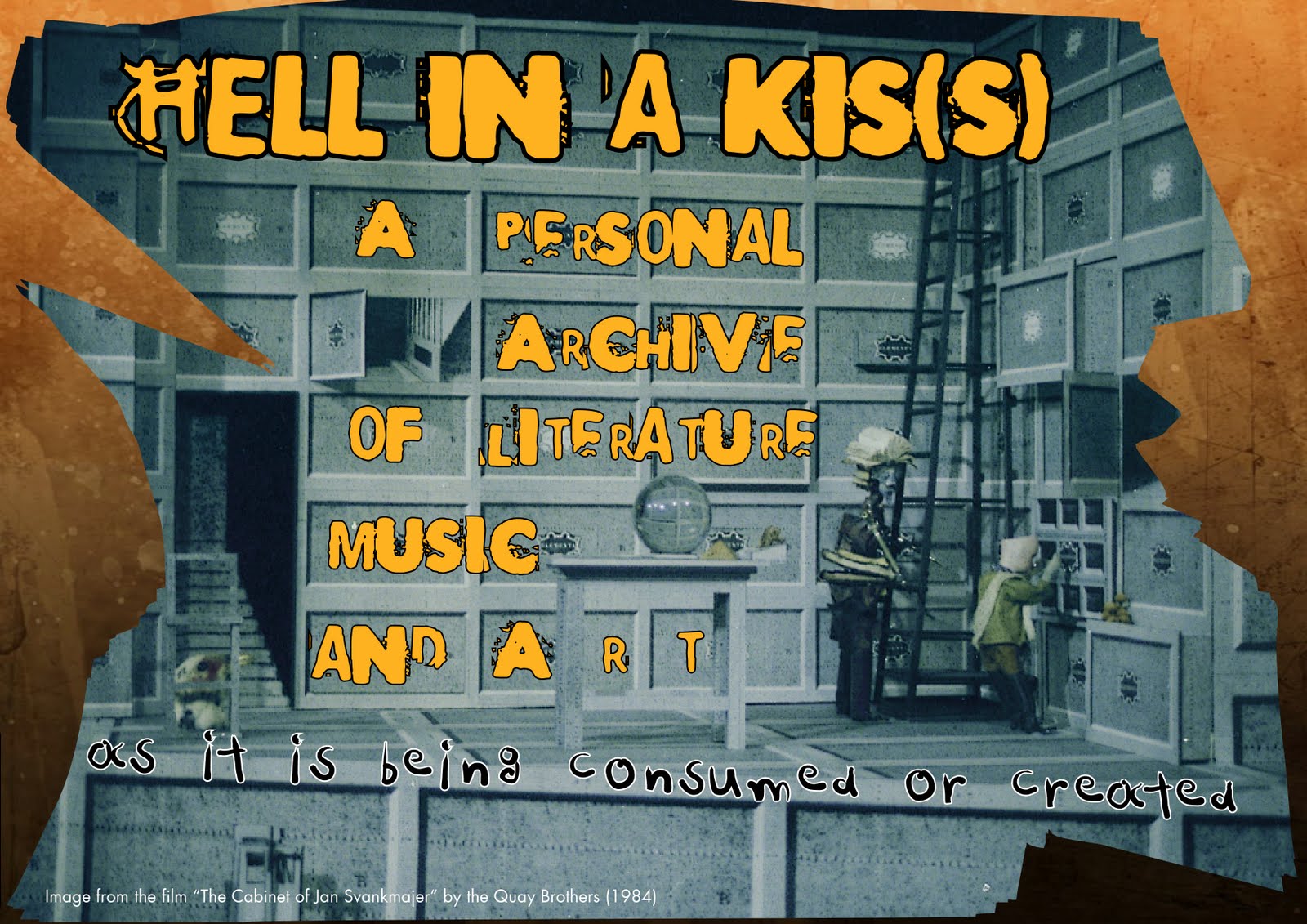Κάποτε, σ' ένα μακρινό ταξίδι του, το βαπόρι πέρασε από το λιμάνι μιας επαρχιακής πόλεως όπου είχε ζήσει μικρός. Εβγήκε έξω, θέλοντας να θυμηθεί την παιδική του ζωή. Ήταν Κυριακή. Στην πλατεία η μπάντα έπαιζε κάποια ιταλική όπερα. Ο κόσμος έκανε βόλτες ή καθόταν στο καφενείο. Τα παιδιά, όσα δεν έτρεχαν, παρακολουθούσαν τις κινήσεις του αρχιμουσικού. Μια μακαριότης επλανάτο πάνω σ' όλα.
Είδε το πατρικό του σπίτι. Τον κήπο. Την ταράτσα, που ανέβαινε για να απλώσει τους αετούς, ή για να κηρύξει πετροπόλεμο, δένοντας βιαστικά βιαστικά χάρτινες σημαιούλες.
Τίποτε δεν άλλαξε. Οι καρέκλες του ζαχαροπλαστείου σε τρεις σειρές, όπως και τότε. Ακόμα και η πλάκα που πατούσε ήταν ίδια. Όλα ήταν τα ίδια. Μόνο που είχαν μικρύνει. Είχαν απελπιστικά μικρύνει. Είχαν χάσει το ένα τρίτο του όγκου τους. Αλλά αυτό έγινε συμμετρικά, κ' έτσι οι άνθρωποι που κάθονταν ακίνητοι και σιωπηλοί, σαν απόντες, γύρω στα μαρμάρινα τραπέζια, και τα κορίτσια, πιο πέρα, με τις φωτεινές γραμμές της σιλουέτας τους, υψωμένες παράλληλα προς το νερό του αναβρυτηρίου, και οι δυο γέροι, σ' ένα μπαλκόνι, με τις θαμπές, αμφίβολες γραμμές, των χαρακτηριστικών τους, και οι μουσικοί, και ο αρχιμουσικός ακόμα, που ενόμιζε ότι κρατούσε με τη μπαγκέτα του το Χρόνο, δεν είχαν τίποτε αντιληφθεί. Ο Χρόνος όμως εδούλευε ελεύθερα ανάμεσα τους, τρώγοντας κάθε στιγμή κάτι από τη φτωχή τους ύπαρξη.
ΙΙ
Ύστερα θυμόταν έναν χορό μεταμφιεσμένων. Υποχρεωτικό ένδυμα ορισμένης εποχής. Κυρίες, με μεταξωτά ροζ ή ουρανιά κρινολίνα, με πουδραρισμένα μαλλιά, με πράσινες και χρυσές περούκες, έπεφταν ημίγυμνες, γεμάτες εμπιστοσύνη, στα χέρια των δουκών - χρηματομεσιτών και μαρκησίων - καπνεμπόρων. Εσφίγγονταν τόσο, που τα μέτωπά τους ακουμπούσαν κάποτε στα χείλη των καβαλιέρων και η στεφάνη του κρινολίνου ανασηκωνόταν.
Παραμερίζοντας όλοι, εσχημάτιζαν ένα κύκλο στο κέντρο της αιθούσης, και τέσσερα ζεύγη, τα πιο εξαϋλωμένα, άρχισαν να χορεύουν μενουέτο. Η παραίσθησις ήταν πλήρης. Το κομμάτι θα περιείχε βέβαια δυο τριες μαγικές νότες, που επαναλαμβάνονταν σε κάθε φράση, και οι νότες αυτές δημιουργούσαν την ατμόσφαιρα της περασμένης εποχής, συνεχή, κρυστάλλινη. Τα μικρά, γρήγορα βήματα, οι κομψές υποκλίσεις, τα νοσταλγικά βλέμματα, τα γεμάτα συγκρατημένο ερωτισμό χαμόγελα, περίεργες εστάμπες που είχαν διατηρηθεί άθικτες στην προθήκη ενός μουσείου.
Έπειτα έγινε το πιο απροσδόκητο. Οι χορευτές έχασαν το λογαριασμό τους. Ενώ έπρεπε να υπολογίσουν ακριβώς πόσα χρόνια είχαν υποχωρήσει προς το παρελθόν, για να μπορέσουν να ξαναγυρίσουν και να βρούν την προσωπικότητά τους, έβλεπε κανείς πως είχαν γελαστεί. Ανεπανόρθωτα γελαστεί. Εκατό ολόκληρα χρόνια επροχώρησαν, χωρίς βέβαια να το υποπτευθούνε. Παρακολουθούσε τώρα τις κινήσεις τους. Οι τέσσερις γυναίκες σκελετοί, θανάσιμα κομψοί, επήγαιναν προς τους αντρικούς, κ' έπειτα επέστρεφαν με μελαγχολική χάρη, σα ν' αναγνώριζαν το λάθος τους. Οι καβαλιέροι σταματούσαν, και το κρανίο τους εβάραινε τη γη, ενώ ψηλά, με ηλεκτρικά γράμματα που άναβαν κι έσβηναν, ήταν γραμμένο: ΑΠΟΚΡΕΩ 2027.
ΙΙΙ
Αλλοτε συνέβαινε κάτι περίεργο.Ακούγοντας μια φράση ή παρακολουθώντας ένα ασήμαντο γεγονός, είχε την εντύπωση ότι το πράγμα αυτό έγινε ή ελέχθηκε προηγουμένως, άγνωστο σε ποιο μέρος και πότε ακριβώς, και ότι τώρα επαναλαμβάνεται κατά τον ίδιο τρόπο. Του φαινόταν πολύ παράξενο. Μπορεί την πρώτη φορά να ήταν όνειρο. Ολοφάνερο όμως ότι τώρα ή τότε κάποιος ήθελε να παίξει μαζί του.
IV
Εμελέτησε. Επούλησε κάποιο σπίτι που είχε, και αγόρασε χημικά όργανα. Κλεισμένος ολημέρα σ' ένα υπόγειο, έκανε σειρές πειραμάτων, αρχίζοντας από τα πιο απλά και τολμώντας τα αδύνατα. Ανέλυε τις ουσίες, ήλεγχε τους τύπους που παραδέχτηκε η επιστήμη. Προσπαθούσε να βρει ένα λάθος στα δεδομένα της, κι από το λάθος αυτό να βγάλει το νέο στοιχείο. Μέσα στο υδρογόνο ή το οξυγόνο, μπορούσε να υπάρχει, σε μικρή βέβαια αναλογία, ο Χρόνος. Δεν αποθαρρυνόταν. Γεμάτος χαρά επανελάμβανε το πείραμα που απέτυχε.
Παρακολουθούσε τη ζωή από την εφημερίδα. Χαμογελούσε πονηρά στη σκέψη ότι κανένας δεν τον παρακολουθεί τον ίδιο. Όλοι, σκυμμένοι στις δουλίτσες τους, συλλογιζόταν μόνο πώς να τα βολέψουν. Όταν όμως θα τελειοποιούσε την εφεύρεσή του και θα περιόριζε το Χρόνο μέσα σ' ένα γυαλί του εργαστηρίου του, να ιδούμε τους μεγαλόσχημους κυρίους που γέμισαν τον κόσμο με σαπουνόφουσκες. Να ιδούμε τι θα γίνουν οι τόκοι και τα επιτόκια τού απέναντι τοκογλύφου. Να ιδούμε με ποια ημερομηνία θα βγάζουν τις εφημερίδες τους.
V








































